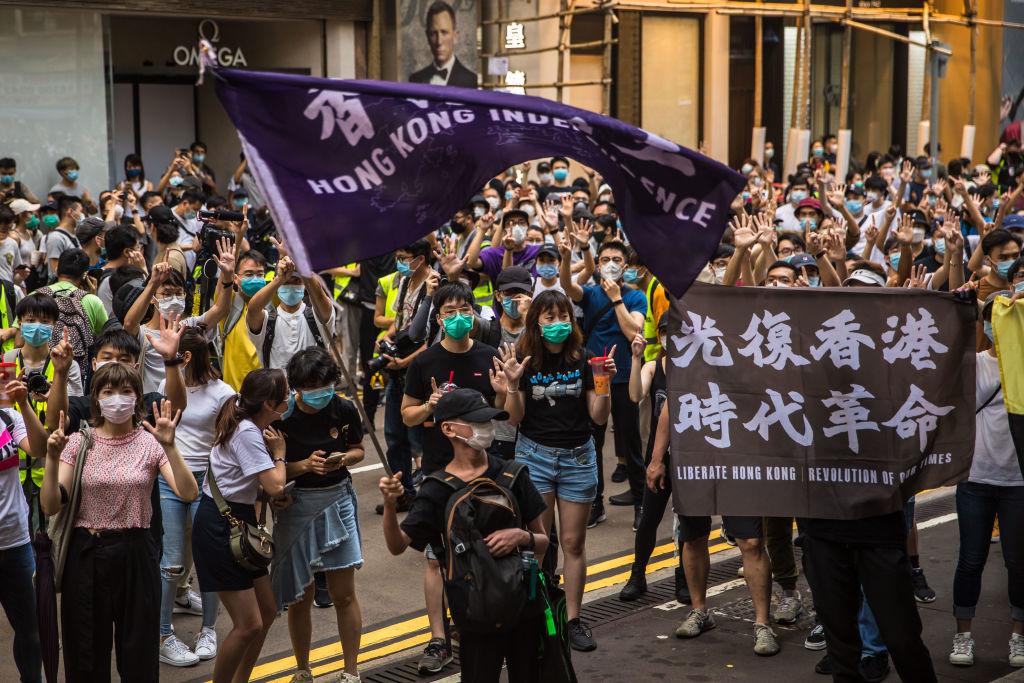A website “dedicated to exposing people supporting tyranny and dictatorship in Hong Kong” started receiving reports overnight on Jan. 6 that Hong Kong users were unable to access the site.
Hong Kong Chronicles is a primarily Cantonese site that has been collating a database of information related to the Hong Kong protests, such as incidents of police brutality and the profiles of those allegedly complicit.
The site’s team found that some Hong Kong Internet service providers (ISPs) had been dropping connections to the site’s server, effectively blocking users’ access to the site’s content. Chan listed Smartone, CMHK, HKBN, PCCW as some of the ISPs that were found to have participated in the blockage.
Chan wrote that after the investigation, the team believed that Hong Kong ISPs intentionally blocked Hong Kong users from accessing the website at the request of Beijing and the Hong Kong government. She then denounced the ISPs that allegedly cooperated with the government to violate people’s right to freedom of information.
Naomi Chan also warned Hongkongers to prepare for further Internet censorship, which she described as facing “the darkness before dawn.”
Hongkongers have grown more vigilant about their Internet activities following Beijing’s enactment of a sweeping national security law that allows police to order Internet service providers to block access to electronic information if the information is deemed to endanger “national security.”
It continues, “If a service provider fails to comply with the requirement to remove messages endangering national security, or to restrict or cease access to messages or platforms, or the request to provide assistance, the service provider is liable on conviction to a fine of $100,000 and to imprisonment for six months.”
The site is now back up but some links are generating “404 not found” errors. It is not clear yet how much information on the website is inaccessible.
The situation has since deteriorated so fast that the “mainland way” is now simply being carried out in Hong Kong, Wong said.
He said blocking Hong Kong Chronicles is “paving the road” for a larger-scale information blockade. Hong Kong might be “completely isolated” as a result and won’t be able to send information out to the international society.



